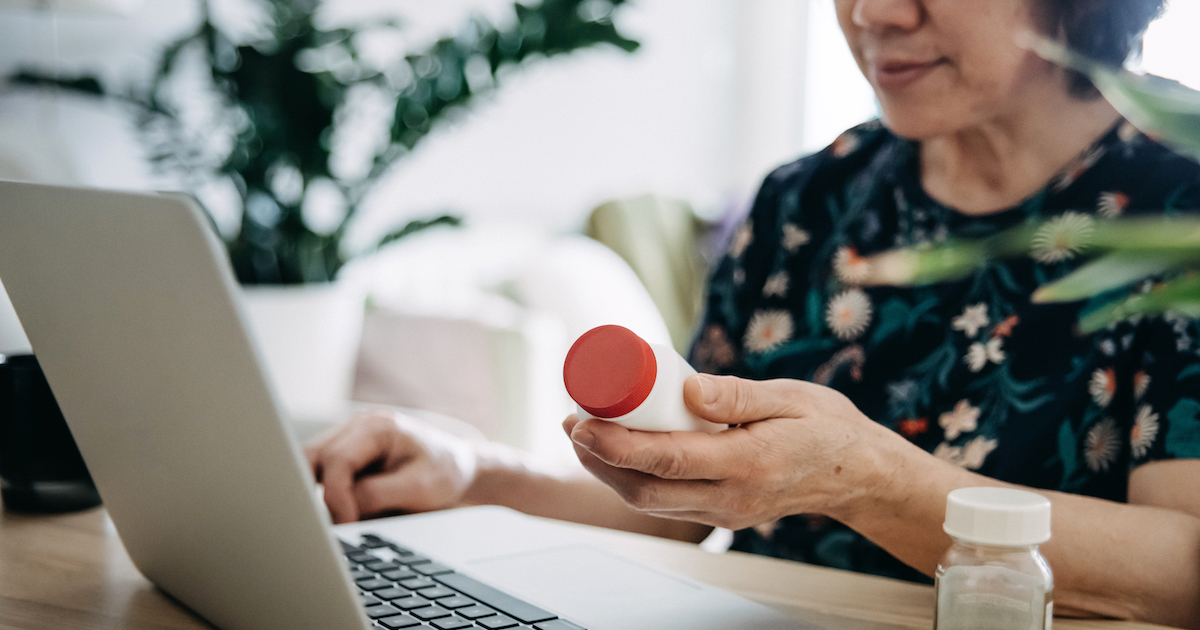 Philips Lifeline, the electronics giants' longstanding personal emergency response brand for seniors, has launched its first-ever app that acts like an mPERS. The Philips Lifeline response app will allow seniors to one-touch call the same response center that handles other Lifeline products via their smartphone from anywhere.
Philips Lifeline, the electronics giants' longstanding personal emergency response brand for seniors, has launched its first-ever app that acts like an mPERS. The Philips Lifeline response app will allow seniors to one-touch call the same response center that handles other Lifeline products via their smartphone from anywhere.
“Today’s seniors are active and they deserve a mobile solution that affords them the freedom to go and do as they please while being safe,” Kimberly O’Loughlin, General Manager for Philips Lifeline, said in a statement. “We’re excited to offer seniors an app that allows them to take our trusted service with them and experience life to the fullest, without the worry of getting help should they need it.”
The app itself is free on Android and Apple phones, but to have access to Philips' 24/7 call center, there is a monthly fee of $13.95. There are no installation, setup, or download fees and no long-term contracts.
Call center operators have access to contact information for pre-determined friends or family members of the user. When they receive a call they decide whether to contact that person or emergency services. In either case, they can tap into the phone's wifi and GPS to ascertain the senior's location and pass it on to the responders. The app does not do fall detection or otherwise contact Philips automatically.
A few years ago Philips Lifeline offered an app, called 2together, to caregivers, those who have loved ones using the company's pendants, that sends them an alert when the system detects an incident. The company also launched a sales-focused app for providers that helped them keep track of their patient referrals -- those patients they suggested should get Philips Lifeline.
Philips has been gradually adjusting to the fact that more and more of its older customers are using mobile phones. In April, the company added a cellular PERS option called HomeSafe wireless, acknowledging that seniors are dropping their landlines in favor of mobile phones at rates that track with the overall population. However, HomeSafe still only works for users in their homes.
Another product, GoSafe, was announced back at 2013's CES in Las Vegas, but has still not launched. The product was meant to be a waterproof, cellular-enabled mPERS offering that includes voice-to-voice communications from the pendant. In April, Carlos Muchiutti, Senior Director of Global Product Management for Philips Lifeline, told MobiHealthNews that GoSafe is in the final stages of testing, but declined to give a new expected launch date.
The Philips Lifeline app offers a stopgap for older adults still waiting on GoSafe. But as a software-only offering, it also has the benefit, over a pendant, of discreteness. One problem PERS and mPERS makers often encounter is users' unwillingness to wear a device that identifies them as a person needing extra assistance.


